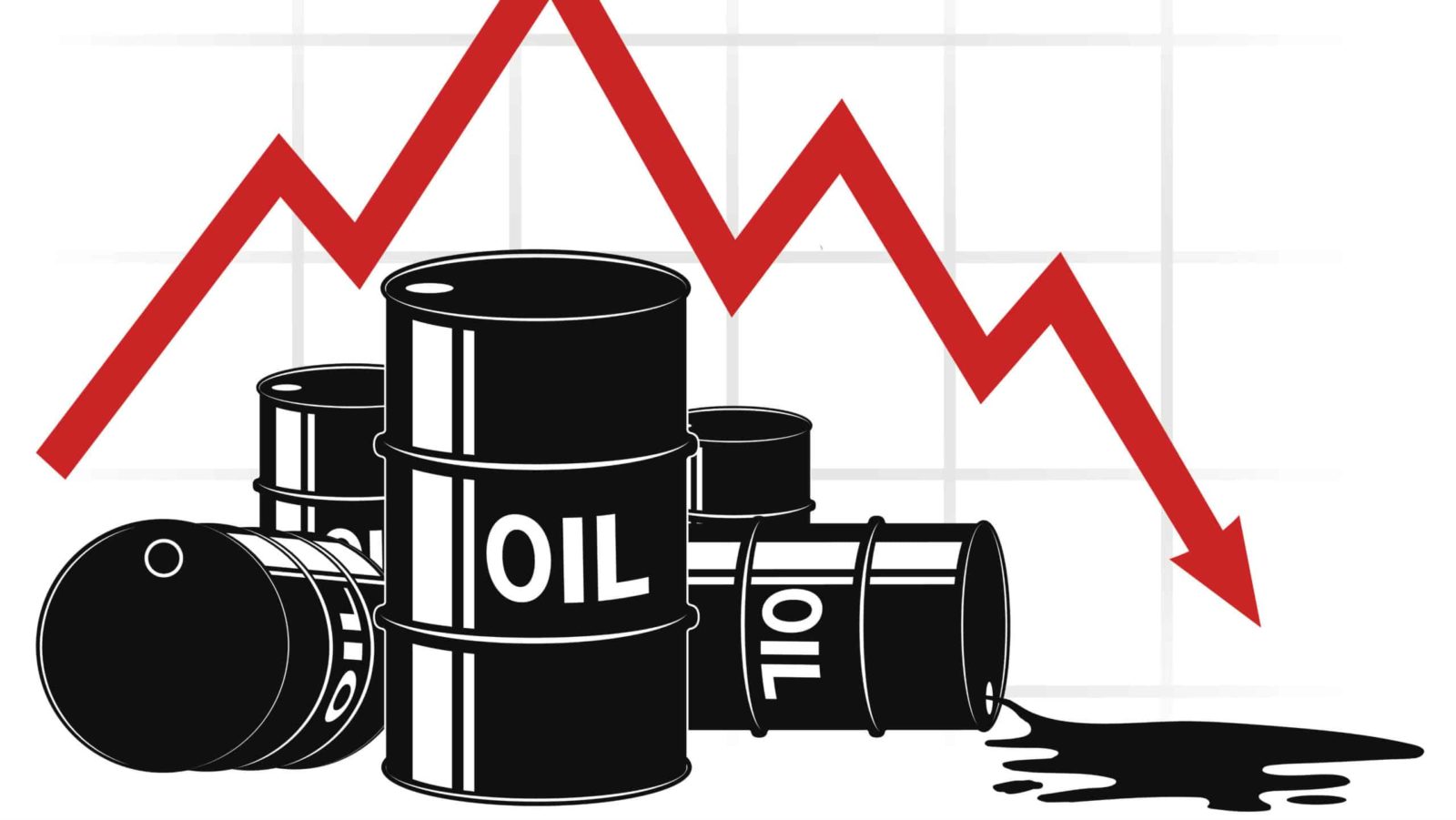Yesterday was a historic day in the oil markets as the U.S. crude prices took an unprecedented fall into the negative territory for the first time ever, going down by more than 300%.
With the overall low demand due to the coronavirus pandemic, US crude oil prices went down to almost minus $40 a barrel as investors rushed to get rid of unwanted stocks with storage capacity already overflowing.
U.S. West Texas Intermediate (WTI) crude for May delivery CLc1 regained from the negative territory on Tuesday to be just in positive territory as it was being traded at $0.01, with the contract for May due to expire today. However, at the time of filing this report, the contract for June delivery was 6.12% lower at $19.20 per barrel.
According to the Energy Information Administration (EIA), WTI is delivered physically at Cushing, Oklahoma and inventories at Cushing have been rising since late February, with stocks as of Apr. 10 at 55 million barrels. Total storage capacity at Cushing is roughly 80 million bbl, and some physical traders warned that utilization is already around 70%.
International crude oil analyst Osama Rizvi said that oil prices saw a severe sell-off yesterday – prices came under pressure as May’s contract was close to expiry. He noted that now, the June contract and Brent will follow as well.
A.A.H Soomro, managing director at Khadim Ali Shah Bukhari Securities said that the crash in April contract is a temporary phenomenon as nobody wants to buy oil for consumption purposes. “We should see oil reverting soon as the lockdown intensity slows. This fall doesn’t help many as storage capacities are exhausting,” he noted.
According to CNBC, futures contracts are tied to a specific delivery date.
By the end of a contract’s expiration date, the price links up with the physical price of oil as the final buyers of these contracts are entities like refineries or airlines that will take the actual physical delivery of the oil.
These future contracts are contracts for physical delivery of the underlying commodity or security. While some people in the market speculate on the contracts, others are buying and selling because they have use for the commodity itself. Near the contract’s expiration, traders just start buying the next month’s futures contract. Those who stay in the position to the final day are typically buying the physical commodity, such as a refiner.
Turning negative meant that producers will pay to get this oil off them because there is no one that needs that crude this week due to a countrywide lockdown.






















There is no power to fix this situation except ALLAH,.. where is analyst ,those who thinks or advice how to get rid of this situation…. we have seen economical crises all over the world, its not stop yet.. those who claims every single day we are super power,now failed to hold their own economy..